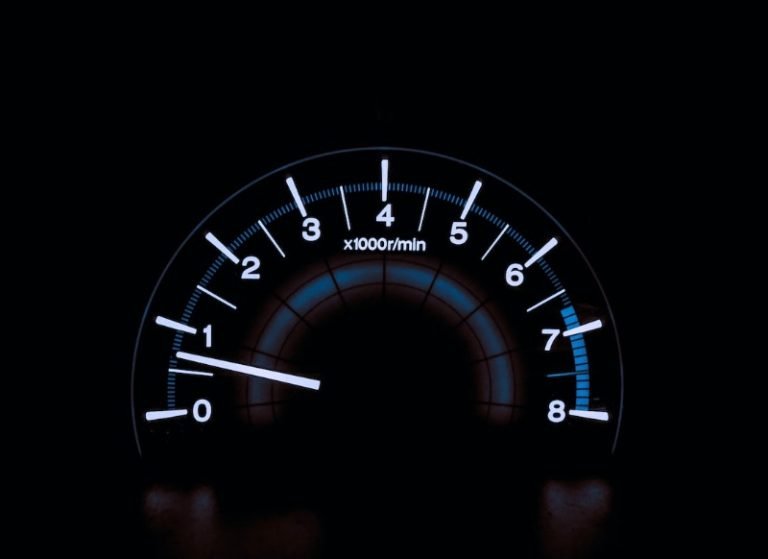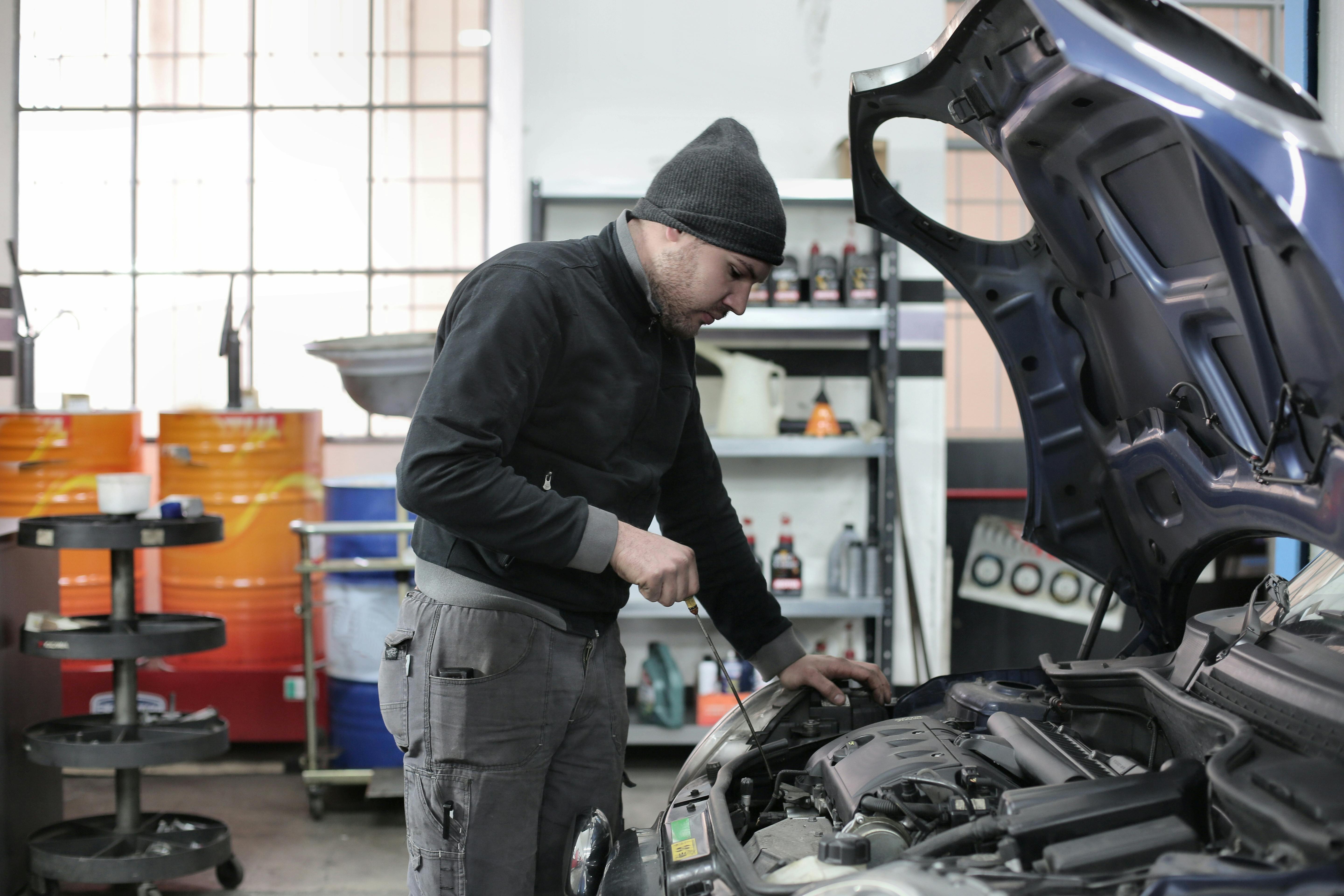
Are you having trouble getting your Range Rover to start? Don’t worry, you’re not alone. We understand the frustration and stress associated with car problems, especially when it comes to luxury vehicles.
Fortunately, there are plenty of resources available to help you get your Range Rover up and running again. From referring to your owner’s manual to finding a certified Land Rover dealership, we’ll provide you with all the information you need to get your vehicle back on the road. Read on to learn more about the available resources for further assistance.
Contents
Contributing Causes
When it comes to Range Rover vehicles, one of the most common problems that people encounter is that the vehicle isn’t starting. There are a wide variety of contributing causes that can cause this issue.
First, a dead battery is one of the most common causes of a Range Rover not starting. This is usually caused by leaving the lights or other electrical components on for an extended period of time. Other causes of a dead battery can include a faulty charging system, a corroded battery cable, or a faulty alternator.
Second, a faulty starter motor can be the cause of a Range Rover not starting. This is usually due to the starter motor becoming worn out or damaged. If this is the case, the starter motor will need to be replaced.
Third, a faulty spark plug can be the cause of a Range Rover not starting. This is usually due to a buildup of dirt and debris on the spark plug, which can lead to an inability to ignite the fuel. In this case, the spark plug will need to be cleaned or replaced.
Fourth, a clogged fuel filter can be the cause of a Range Rover not starting. This is usually due to a buildup of dirt and debris in the fuel filter, which can lead to an inability to pass fuel to the engine. In this case, the fuel filter will need to be replaced.
Finally, a faulty fuel pump can be the cause of a Range Rover not starting. This is usually due to the fuel pump becoming worn out or damaged. If this is the case, the fuel pump will need to be replaced.
In conclusion, there are a variety of contributing causes that can lead to a Range Rover not starting. These include a dead battery, a faulty starter motor, a faulty spark plug, a clogged fuel filter, and a faulty fuel pump. By diagnosing the issue and determining the cause, it is possible to get the Range Rover up and running again.

Diagnosing the Problem
If you’re having trouble getting your Range Rover to start, don’t panic. Diagnosing the root cause of the issue can quickly become a daunting task, but it doesn’t have to be. By following a few steps, you can figure out what’s wrong and fix it.
The first step is to check the battery. If the battery is dead or close to it, your Range Rover may not start. The battery should be tested with a voltmeter to determine if it is within the manufacturer’s recommended voltage range. If it is not, the battery should be replaced.
The next step is to check the starter motor. If the starter motor is not working, the Range Rover will not start. This can be determined by listening for a clicking noise when the ignition is turned on. If the starter motor is functioning, a clicking noise should be heard. If not, the starter motor must be replaced.
If the battery and starter motor are both functioning, the problem could be related to the fuel system. If the fuel pump is not working, the vehicle will not start. This can be determined by listening for a humming noise when the ignition is turned on. If no noise is heard, the fuel pump may need to be replaced.
If the fuel pump is functioning, the problem could be related to the spark plugs or the ignition system. Spark plugs can be checked by removing them and examining them for wear or damage. If the spark plugs are worn or damaged, they should be replaced. Additionally, the ignition system should be checked for any loose or damaged wiring.
If all of the above items have been checked and the Range Rover still won’t start, the problem could be related to the computer system. The computer system should be scanned for any codes or errors that may be causing the problem.
By following these steps, you should be able to diagnose the problem with your Range Rover and get it running again.
Possible Solutions
Range Rovers are known for being reliable and dependable vehicles, so it can be quite troubling when one won’t start. Fortunately, there are a few possible solutions that can help get your Range Rover back on the road.
First, it’s important to determine why the Range Rover isn’t starting. One of the most common causes is a weak or dead battery. To check this, check the voltage reading on the car battery with a voltmeter. If the reading is below 12 volts, it may be time to replace the battery. If the battery appears to be in good condition, check the cables and connections for any corrosion or debris, and make sure they are secure.
If the battery isn’t the problem, check the fuel system. Make sure there is enough fuel in the tank, then check the fuel pump. If the pump is not functioning, it will need to be replaced or repaired.
The ignition system of your Range Rover could also be the problem. The spark plugs may need to be replaced, or the distributor cap may need to be cleaned or replaced.
Finally, it’s important to check the electrical system. Make sure all the fuses are in place and working. If not, replace the fuse and see if the car starts.
If none of these solutions solve the problem, it’s best to take the Range Rover to a mechanic for further inspection.
Safety Tips
When it comes to Range Rover vehicles, it’s important to be aware of safety tips to ensure that your car starts and runs properly. Range Rover vehicles are designed to be reliable and dependable, but like any other vehicle, they can experience problems from time to time. In order to keep your Range Rover running smoothly and safely, there are a few tips you should follow.
First and foremost, it is important to keep up with routine maintenance. Regular oil changes, tire rotations, and inspections should be done at least every six months or as needed. This helps to prevent any major issues from arising and can keep your Range Rover in top condition. Additionally, be sure to check the oil and coolant levels regularly, as well as the battery and brakes.
Another important safety tip is to always keep your Range Rover clean. This includes not only washing and waxing the exterior, but also cleaning and vacuuming the interior. This can help prevent rust and corrosion from occurring on your car, which can cause major issues. Additionally, it is important to check the air filter and replace it as needed.
It is also important to check the fuel system regularly. Make sure the fuel filter is clean and in good condition, and that the fuel lines are free of any blockages or leaks. Additionally, check the spark plugs and wires to ensure they are all in good condition and functioning properly.
Finally, it is important to check the ignition system. Make sure the starter and alternator are in good condition and that all the electrical connections are working properly. This can help prevent your Range Rover from not starting.
These safety tips can help you keep your Range Rover running smoothly and safely. By following these tips, you can help ensure that your car will start and run properly, and that you and your passengers will be safe while on the road.
Resources for Further Assistance
If your Range Rover is having issues starting, you have come to the right place. Here, we’ll provide you with some useful resources to help you get your vehicle up and running again.
First and foremost, it’s important to refer to your owner’s manual. Your owner’s manual will provide you with all the necessary information on how to properly diagnose and repair any issues you may be facing with your Range Rover.
Next, you should consider seeking out an experienced mechanic. A mechanic who is well-versed in Range Rover vehicles will be able to accurately diagnose any problems you may be having with your car and provide you with the necessary repairs.
In addition, there are several online resources available to help you with your Range Rover. The official Range Rover website offers a variety of helpful manuals and repair guides, as well as access to technical support. Other websites, such as Rover Owners and Land Rover Forums, provide an online community of fellow Range Rover owners who are willing to help answer any questions you may have.
Finally, if you are still having difficulty getting your Range Rover to start, you may want to consider taking it to a certified Land Rover dealership. The technicians at the dealership have the experience and expertise to accurately diagnose any issues with your car and provide you with the necessary repairs.
No matter what issue you’re facing with your Range Rover, there are plenty of resources available to help you get your vehicle back on the road. With the help of these resources, you can be sure to get your Range Rover running again in no time.
In Summary
Having trouble getting your Range Rover to start? Don’t worry – there are plenty of resources available to help you get your vehicle back on the road. From referring to the owner’s manual to seeking out an experienced mechanic, to accessing online resources and taking it to a certified Land Rover dealership, you can be sure to have your Range Rover running again in no time.
